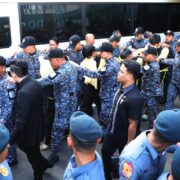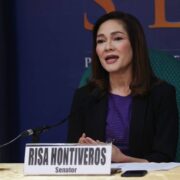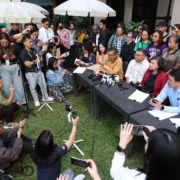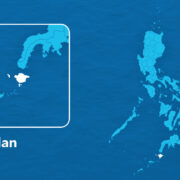NUJP: Media addressing work conditions, corruption

The National Union of Journalists of the Philippines (NUJP) on Sunday acknowledged that “solicitation” and “undisclosed paid content” have become common practices in the media profession, where some receive “minimum wage or less for their work.”
The group said in a statement that to augment their pay, some journalists seek advertisers and sponsors for their salaries, accept “allowances” or “gas money” for news coverage or do public relations work for politicians or government agencies.
But the NUJP clarified it was not citing “these realities” to excuse journalists who violate the code of ethics but to provide context for “those who find themselves in ethical dilemmas.”
“Ethical practice is difficult, if not impossible, when even media workers’ basic needs are not met. Difficult as it is, we cannot take pride in calling ourselves journalists without adhering to the basic standards and guiding principles of the profession,” it stressed.
The NUJP was reacting to the Aug. 21 social media post of Pasig Mayor Vico Sotto who questioned why high-profile journalists agreed to interview a contractor entering politics supposedly in exchange for millions of pesos.
Although Sotto did not name the journalists in question, his post showed videograbs of news anchor Korina Sanchez and broadcaster Julius Babao interviewing Curlee and Sarah Discaya. The couple owns some of the companies that were among the top 15 firms that had been awarded P100 billion worth of flood control contracts, according to President Marcos, who has ordered an investigation into the projects.
While Sanchez denied Sotto’s allegations, Babao has yet to issue a response.
In the meantime, the group called on media to “revisit and reaffirm” the ethical guidelines for journalists as it reminded them that “accepting money, gifts and other forms of compensation in exchange for favorable coverage threatens editorial independence.”
“It also erodes trust in our profession and in its practitioners and plays into the narrative that journalism can be bought and sold, undermining its critical role as a watchdog against corruption, whether in government or the private sector,” the NUJP said.
Eye-opener
Danilo Arao, a University of the Philippines journalism professor, made a similar observation, saying Sotto’s post can serve as an eye-opener to the unfavorable working conditions for Filipino journalists.
“While his social media post may be weaponized to further discredit the press and erode media trust, this should be maximized as an opportunity for further media literacy,” Arao told the Inquirer on Saturday.
“This (post) is definitely an eye-opener even if what he said is really nothing new,” he said.
‘Struggle for workers’
Arao noted that paid media content has long been a “recurring ethical issue” that has divided media practitioners and educators.
The public, including the media industry, should not lose sight of what journalists and media workers have long been calling for—higher pay and better benefits, he said.
“[This] could be a deterrent to being corrupted by the rich and powerful,” Arao said. “But the struggle for higher pay and better working conditions should be along the lines of the struggle of workers in general, of which the media are included.”

















